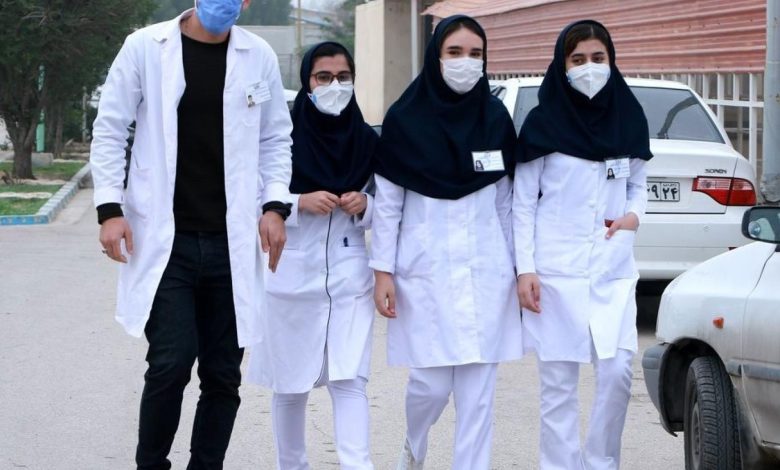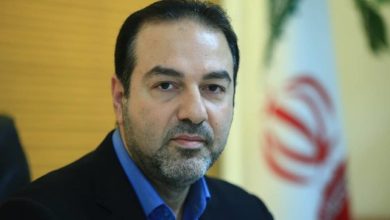Unprecedented Wave of Nurse Shortages in Iran

A severe shortage of nurses in Iran has raised alarm bells across the healthcare system. According to officials from the Iranian Nursing Organization, unless the annual recruitment of nurses reaches at least 15,000, the country will face an inevitable human crisis in hospitals.
Alarming Shortage of Nurses Nationwide
As reported by Salamat News, Yousef Rahimi, the Second Vice President of the Supreme Council of the Nursing Organization, warned of a critical human resource situation in the nation’s healthcare facilities. He called for an immediate reassessment of the Ministry of Health’s recruitment quotas, stressing that the country is moving toward a “nurse-less” future — a trend that could paralyze the entire health system.
Criticism of September Recruitment Quotas
In an interview with ISNA, Rahimi stated that one of the key demands of the Nursing Organization is to revise the current recruitment quotas for the Ministry’s upcoming entrance exam in September. He emphasized that the existing system is unsatisfactory and fails to address the real needs of the health sector. Despite ongoing discussions, Rahimi expressed doubt that these concerns would be resolved in time for the September intake. However, he noted that a second recruitment phase is scheduled for December, offering hope for more effective decisions.
Need for Fair Distribution of Nursing Staff
Rahimi highlighted the importance of distributing nursing staff based on actual human resource indicators in each province. He explained that the infrastructure to assess these needs already exists within medical universities and that a data-driven approach would help prevent overstaffing in some areas while others remain critically underserved.
Concerning Nurse-to-Bed Ratios
He pointed out that the global standard for nurse-to-hospital-bed ratios ranges between 1.8 and 4, while Iran’s average is only 0.9. In some provinces like Sistan and Baluchestan, the ratio falls as low as 0.4. According to Rahimi, this means that Iran must recruit at least as many new nurses as it currently has to reach even the minimum acceptable level.
No Volunteers for Tehran
Rahimi also mentioned a critical issue in the capital, stating that many nursing positions in Tehran remain vacant due to a lack of applicants. He noted that with salaries ranging from 160 to 230 million rials (approximately $250–$350), nurses are not motivated to work in the capital because of the high cost of living. He proposed reallocating surplus nursing staff from provinces such as Ardabil, Kurdistan, and Kermanshah to help fill the gaps in Tehran.
A Warning Against Wasting Time
Rahimi stressed that the nursing shortage is a global issue, but Iran still has the opportunity to prevent the mass migration of healthcare workers with proper policy-making. He warned that if the current window is missed, other countries will attract Iran’s trained nurses — and the country will be left to deal with an unprecedented wave of shortages in its own hospitals.




